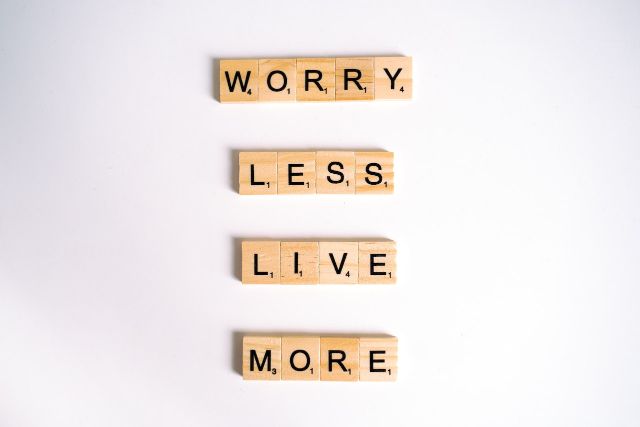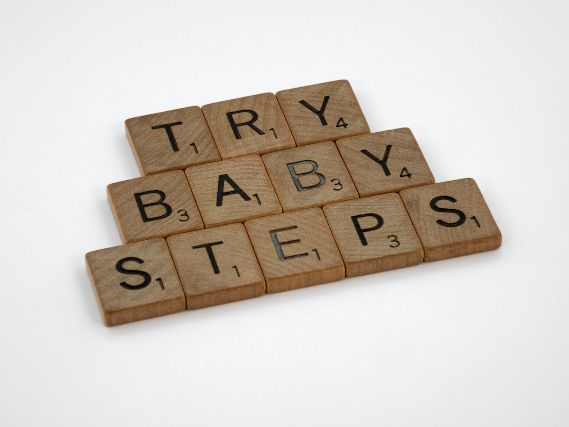
How OCD impacts daily life.
Millions of people worldwide suffer from obsessive-compulsive disorder (OCD), a mental health disease. OCD disorder is still generally misunderstood and stigmatized despite how common it is. We’ll discuss(OCD awareness) what OCD illness is, typical symptoms and behaviors, how it affects day-to-day life, causes, treatments, and why it’s so crucial to spread awareness about OCD in this blog. This frequently misunderstood illness.https://adaa.org/understanding-anxiety/obsessive-compulsive-disorder-ocd
What is OCD?
A mental health condition known as OCD is defined by intrusive, unwelcome urges or thoughts (obsessions) that force a person to engage in repetitive, frequently ritualistic actions or thoughts (compulsions). While many people occasionally have intrusive thoughts, those with OCD are unable to do so, which frequently results in substantial distress and impairment in everyday functioning.

Common OCD Symptoms and Behaviors.
Although the symptoms of OCD disease can take many different forms, some of the most prevalent obsessions and compulsions are as follows:
Fear of pathogens or pollution.
Require of symmetry or order.
Negative or aggressive ideas.
Routinely inspecting actions (such as locks, appliances, etc.).
Numbering or arranging repeatedly.
Excessive handwashing or cleaning.https://iocdf.org/

How OCD Impacts Daily Life.
OCD disorder can have a substantial negative influence on a person’s everyday life, causing distress, impairment, and in severe cases, even disability. Compulsions can take up hours of a person’s day, making it difficult to maintain relationships, hold down a job, or simply carry out simple daily tasks, while obsessive thoughts can significantly increase worry and suffering.

Causes of OCD.
Although the precise causes of OCD disease are still unknown, experts think that a mix of genetic, environmental, and neurological variables may play a role in the disorder’s onset. For instance, those with a family history of OCD may be more likely to develop the condition themselves, and OCD has also been associated to a number of neurobiological brain abnormalities. https://www.nimh.nih.gov/health/topics/obsessive-compulsive-disorder-ocd/index.shtml

Treatments for OCD disorder.
OCD can be well treated with both medication and psychotherapy, which is fortunate. Selective serotonin reuptake inhibitors (SSRIs) and cognitive-behavioral therapy (CBT) are two treatments that can help people acquire new coping mechanisms and lessen compulsive behaviors..https://www.ocdonline.com/
The Importance of OCD Awareness.
OCD is still primarily misunderstood and stigmatized despite its prevalence and impact on daily living. Increasing understanding and empathy for those who suffer from OCD, as well as lowering the stigma associated with the condition, can all be influenced by increasing public awareness of the disorder.Additionally, greater awareness may result in more money for research and care, which will ultimately improve conditions for OCD patients.
To sum up, OCD is a complicated and frequently misdiagnosed mental health illness that can have a big influence on a person’s everyday life. By educating people about OCD, we may work to lessen stigma, advance comprehension, and ultimately enhance the lives of those who are affected by the condition..https://www.helpguide.org/articles/anxiety/obessive-compulsive-disorder-ocd.htm


I was excited to uncover this great site. I need to to thank you for your time for this particularly wonderful read!! I definitely enjoyed every part of it and I have you book marked to check out new stuff in your web site.
You are welcome always.